From September 26 until September 28, a diverse group of academics, practitioners and policymakers from around the world attended the biennial Water Institute 2022 Research Conference - Water as a Foundation for Healthy Communities and Sustainable Livelihoods.
Keynote speakers Zulfiqar A. Bhutta, Inga Jacobs-Mata, Dawit Mekonnen and Deepa Joshi reflected on progress against the UN’s Sustainable Development Goals (SDGs) at the intersection of water, health, food and gender in their respective programs and regions. The wide-ranging keynotes explored the role of clean water and sanitation in child health and development in Pakistan, community-based approaches to achieving water and food security in Africa, the role of irrigation in transforming food systems, and water, gender and social inclusion. The Water Institute Executive Director Dr. Roy Brouwer, Water Institute faculty members Dr. Susan Elliott (Geography and Environmental Management) and Dr. Craig Janes (Public Health Sciences) and Dr. Sarah Dickson-Anderson (Engineering, McMaster University) chaired the various sessions.
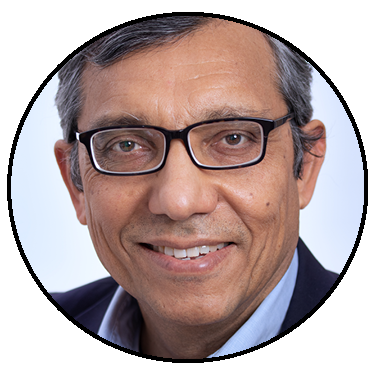
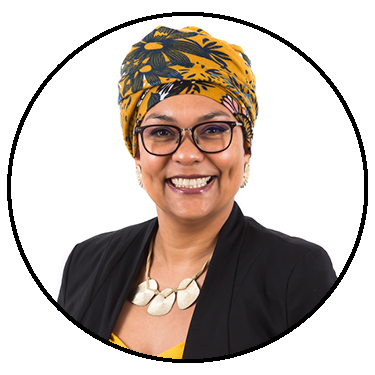
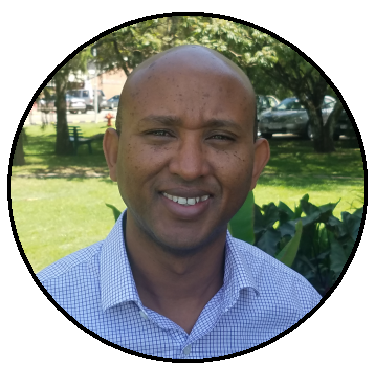
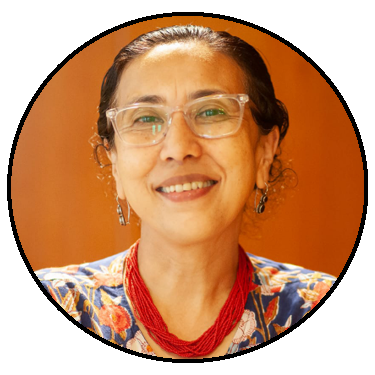
Keynote speakers (from left to right): Dr. Zulfiqar A. Bhutta, Inaugural Robert Harding Chair in Global Child Health at the Hospital for Sick Children and Director of Research at the SickKids Centre for Global Child Health, Toronto, Canada, Dr. Inga Jacobs-Mata, Country Representative Southern Africa, International Water Management Institute (IWMI), Pretoria, South Africa, Dr. Dawit Mekonnen, Research Fellow, International Food Policy Research Institute (IFPRI), Washington, USA and Dr. Deepa Joshi, Gender, Youth and Inclusion Lead in the CGIAR Research Program on Water, Land and Ecosystems, International Water Management Institute (IWMI), Colombo, Sri Lanka.
The conference program was based on a wide variety of projects from the Water Institute-led Queen Elizabeth Scholars (QES)-Advanced Scholars program “Water as a Foundation for Healthy Communities and Sustainable Livelihoods” implemented from 2017 to 2021. Opening remarks were provided by Dr. Jeanne Gallagher from Universities Canada who was the QES program manager, and Dr. Katie Bryant from the International Development Research Centre (IDRC) who supported the QES program.
This three-day conference highlighted how interconnected water, health, food and gender related SDGs are and the importance of considering them together when designing community interventions,” said Roy Brouwer, Executive Director of the Water Institute.
The online conference also included expert panels comprised of early career QES-AS scholars, partner academic institutes and private sector research placement partners discussing an SDG “theme of the day”: Lessons learned in achieving SDG6 – Clean water and sanitation for all, SDG3 – Good health and wellbeing for all, SDG10 – Reduce inequalities, and SDG5 – Gender equality and empowering all women and girls. In the panel discussions, QES scholars shared their experiences addressing the SDGs around the world and highlighted the importance of large international capacity building networks such as the QES program led out of the Water Institute at the University of Waterloo.
If you were not able to join us, the conference recordings are available to view on our YouTube channel here.



Day one speakers (from left to right, top to bottom): Roy Brouwer, Katie Bryant, Diana Karanja, Elijah Bisung, Jeanne Gallagher, Thelma Zulfawu Abu, Inonge Milupi, Craig Janes, Tom Wanyama, Andrea Rishworth, Elizabeth Onyango, Buba Manjang.
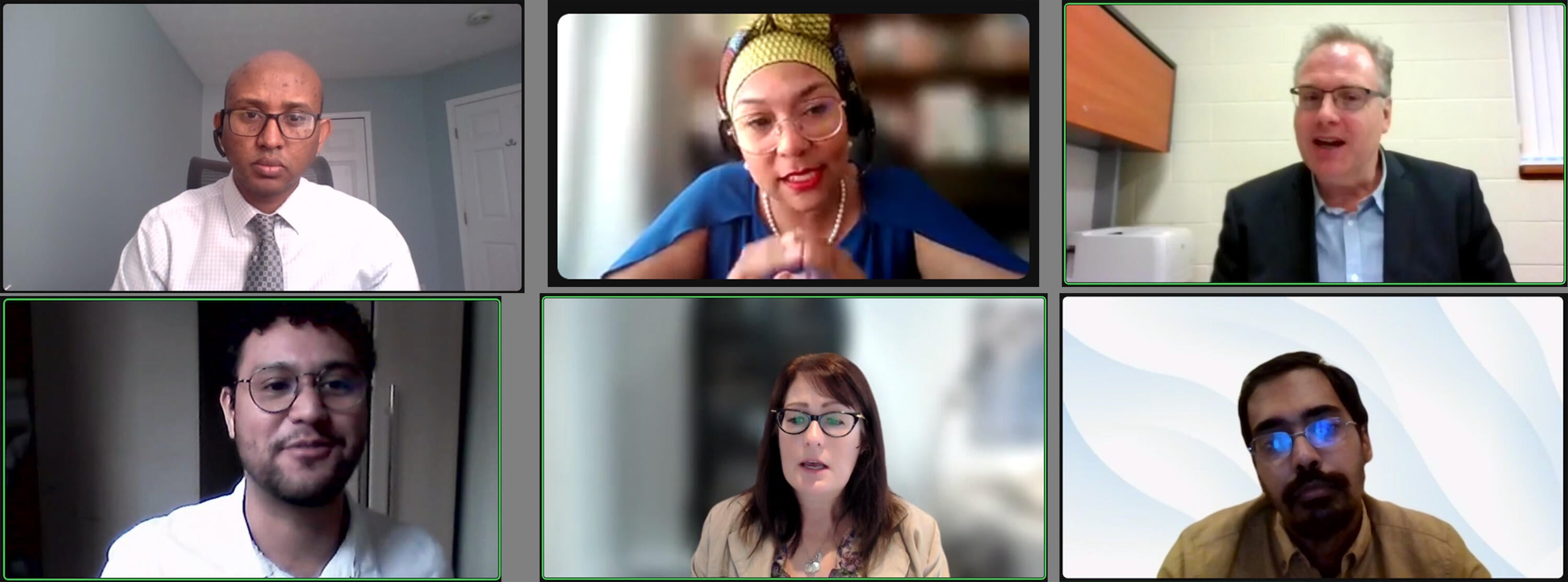
Day two speakers (from left to right, top to bottom): Dawit Mekonnen, Inga Jacobs-Mata, Roy Brouwer, Jullian Sone, Sarah Dickson-Anderson, Archisman Mitra.
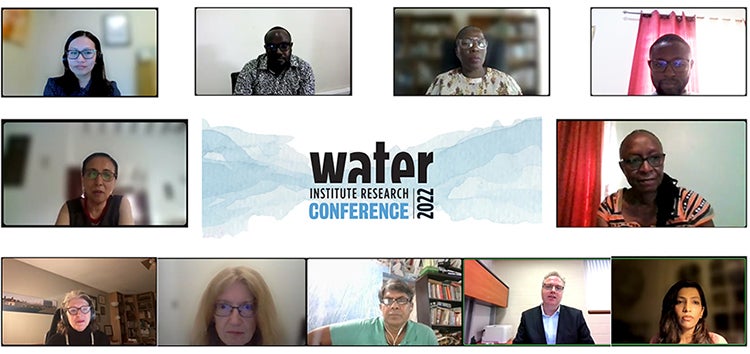
Day three speakers (from left to right, top to bottom): Lina Taing, Rodgers Tayebwa, Mwimanenwa Njungu, Gervin Apatinga, Deepa Joshi, Diana Karanja, Susan Elliott, Ann Weston, Masood Lohar, Roy Brouwer, Sajida Aswan.